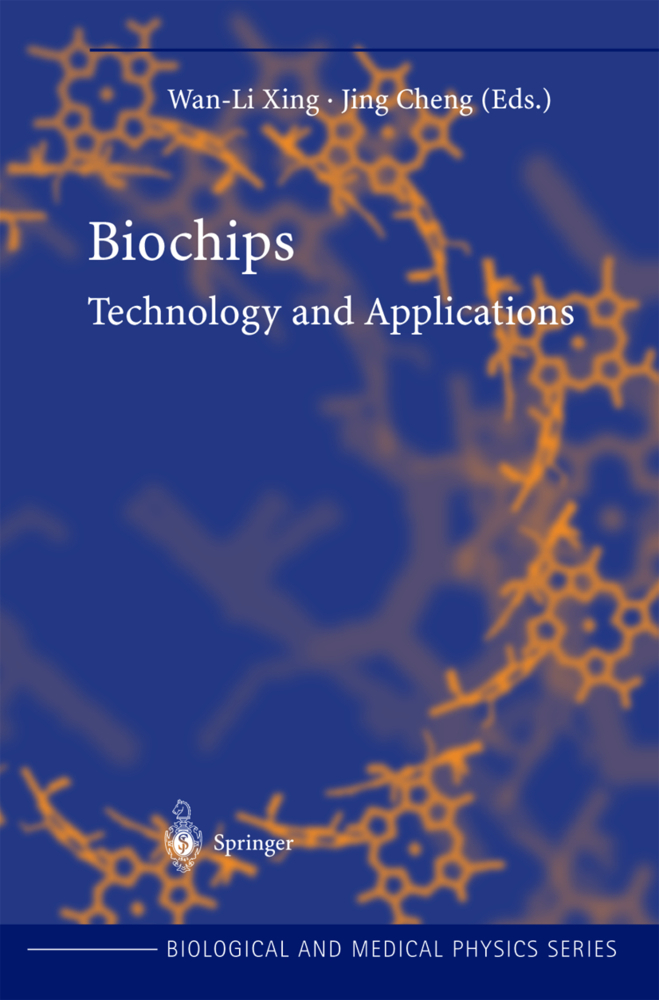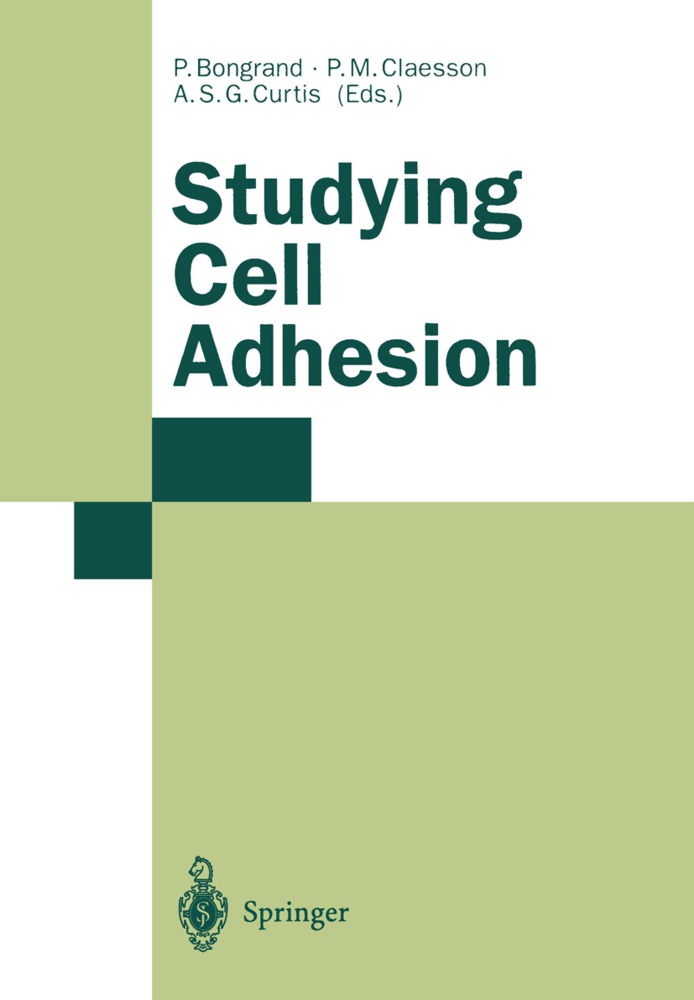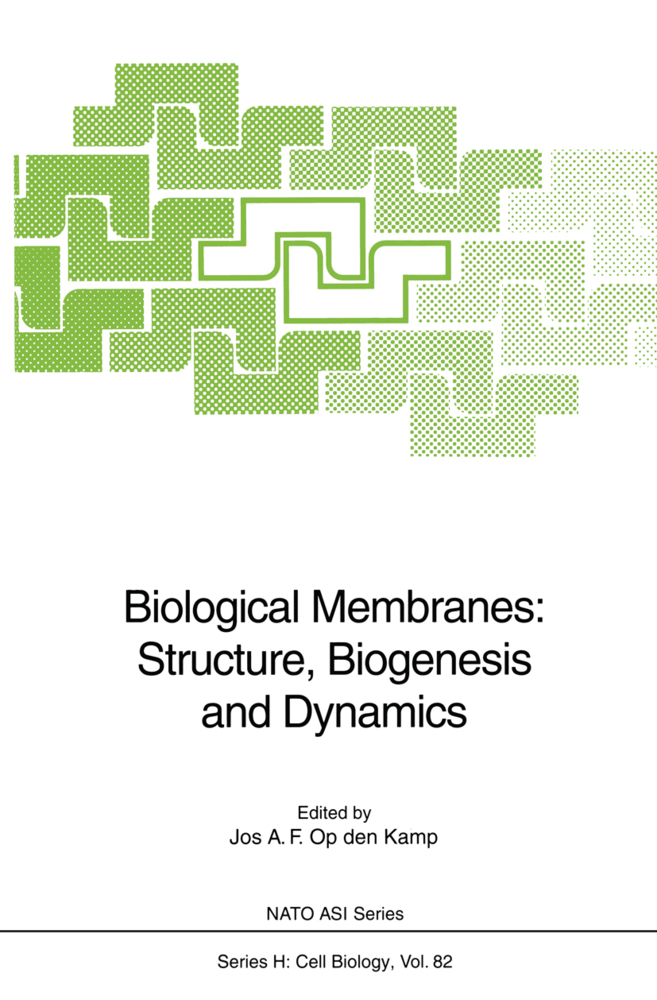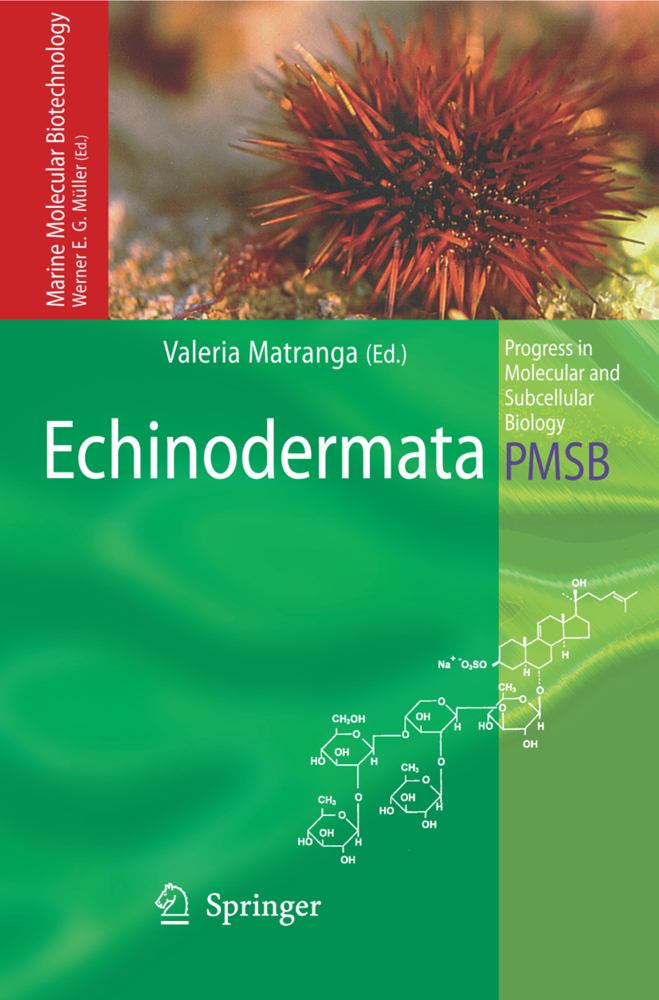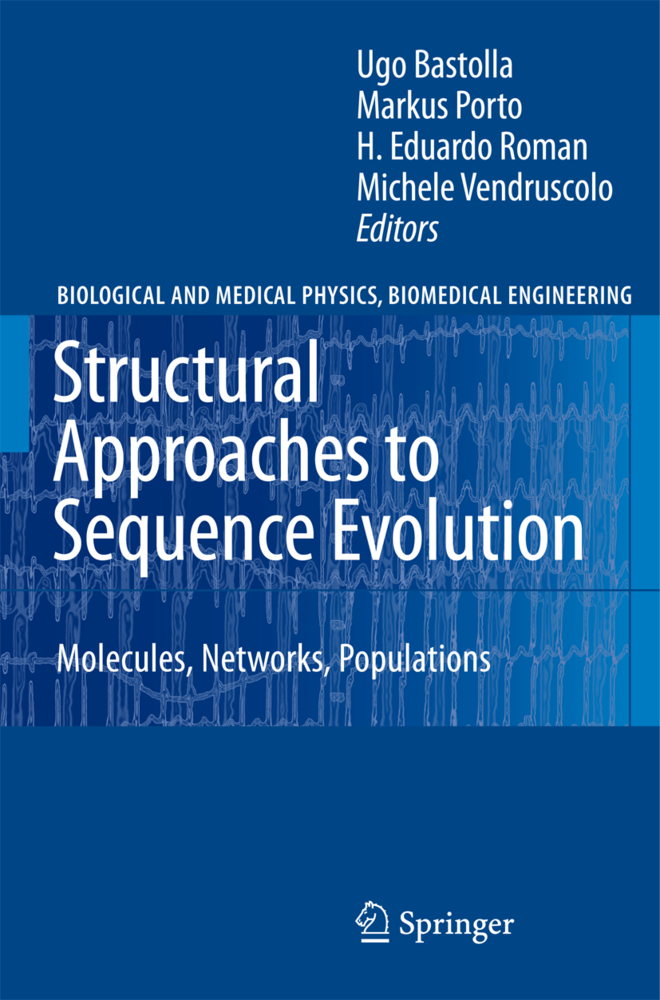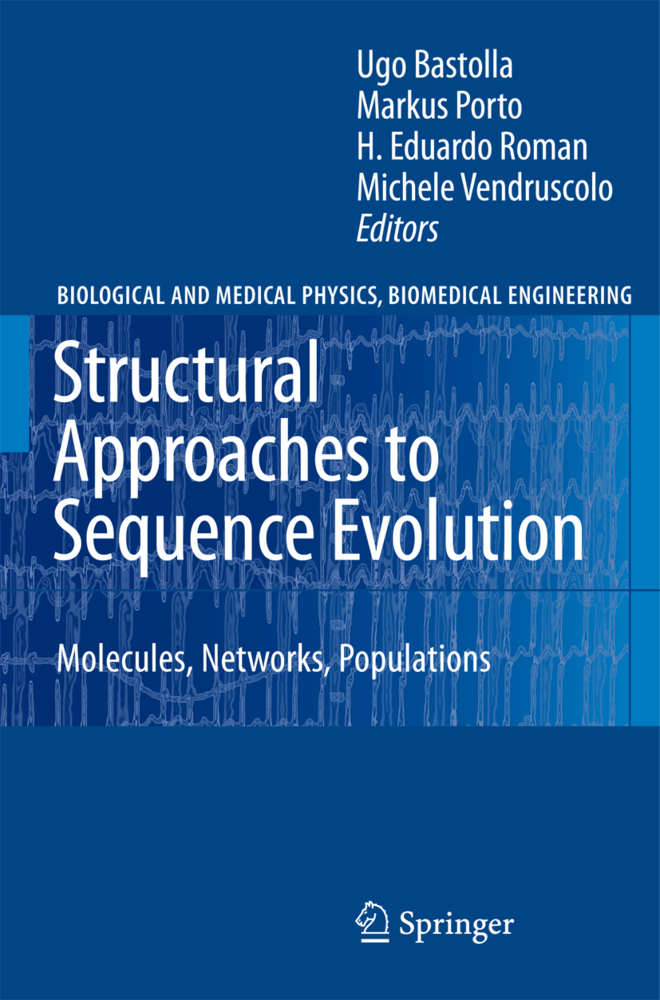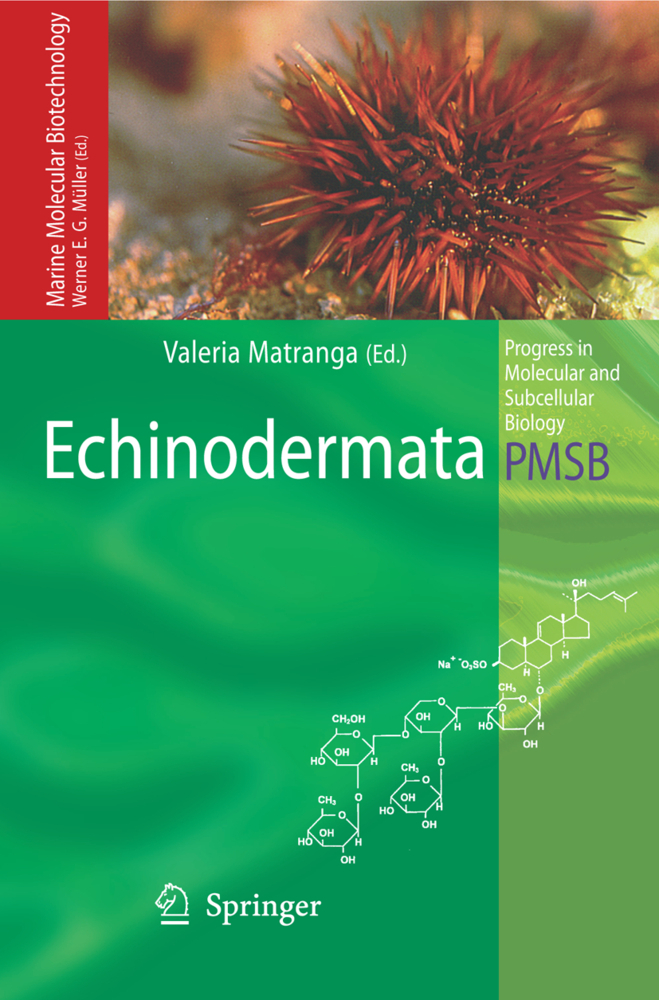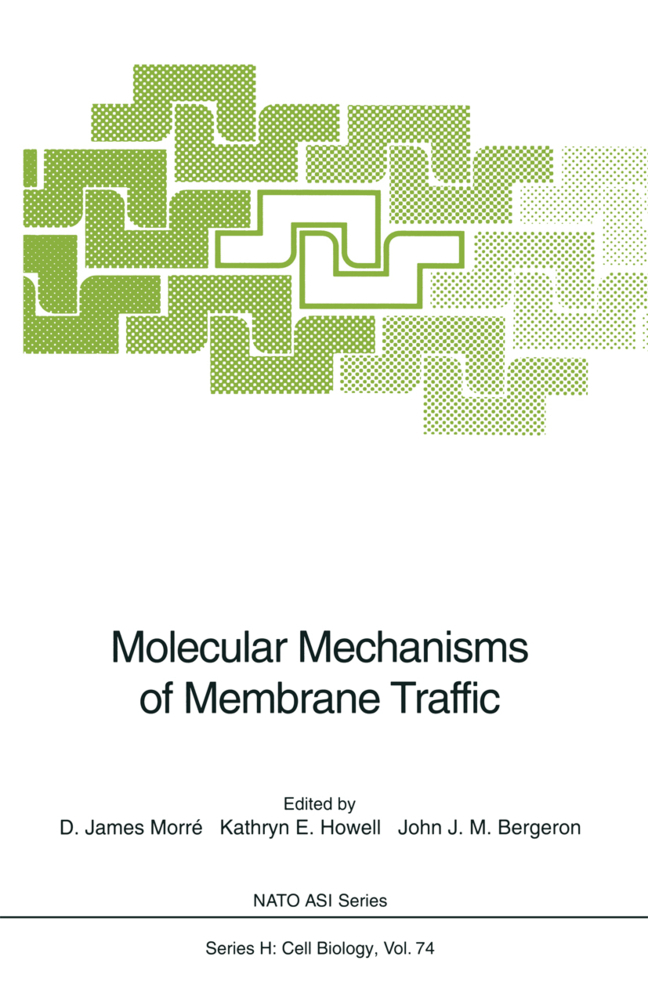Ithasbeenstatedthatourknowledgedoublesevery20years,butthatmaybe an understatement when considering the Life Sciences. A series of discoveries and inventions have propelled our knowledge from the recognition that DNA isthegeneticmaterialtoabasicmolecularunderstandingofourselvesandthe living world around us in less than 50 years. Crucial to this rapid progress was thediscoveryofthedouble-helicalstructureofDNA,whichlaidthefoundation forallhybridizationbasedtechnologies. Thediscoveriesofrestrictionenzymes, ligases, polymerases, combined with key innovations in DNA synthesis and sequencing ushered in the era of biotechnologyas a new science with profound sociological and economic implications that are likely to have a dominating in?uence on the development of our society during this century. Given the process by which science builds on prior knowledge, it is perhaps unfair to single out a few inventions and credit them with having contributed most to thisavalancheofknowledge. Yet,therearesurelysomethatwillberecognized as having had a more profound impact than others, not just in the furthering of our scienti?c knowledge, but by leveraging commercial applications that provide a tangible return to our society. The now famous Polymerase Chain Reaction, or PCR, is surely one of those, as it has uniquely catalyzed molecular biology during the past 20 years, and continues to have a signi?cant impact on all areas that involve nucleic acids, ranging from molecular pathology to forensics. Ten years ago micro- ray technology emerged as a new and powerful tool to study nucleic acid - quences in a highly multiplexed manner, and has since found equally exciting and useful applications in the study of proteins, metabolites, toxins, viruses, whole cells and even tissues.
Biomolecules and Cells on Surfaces - Fundamental Concepts
Surfaces and Substrates
Reagent Jetting Based Deposition Technologies for Array Construction
Manufacturing of 2-D Arrays by Pin-printing Technologies
Nanoarrays
The Use of Microfluidic Techniques in Microarray Applications
Labels and Detection Methods
Marker-free Detection on Microarrays
DNA Microarrays
Analysis of DNA Sequence Variation in the Microarray Format
High Sensitivity Expression Profiling
Applications of Matrix-CGH (Array-CGH) for Genomic Research and Clinical Diagnostics
Analysis of Gene Regulatory Circuits
Protein Microarrays
Protein, Antibody and Small Molecule Microarrays
Photoaptamer Arrays for Proteomics Applications
Biological Membrane Microarrays
Cell & Tissue Microarrays
Use of Reporter Systems for Reverse Transfection Cell Arrays
Whole Cell Microarrays
Tissue Microarrays for Miniaturized High-Throughput Molecular Profiling of Tumors
Application of Microarray Technologies for Translational Genomics.
General Microarray Technologies
Array FormatsBiomolecules and Cells on Surfaces - Fundamental Concepts
Surfaces and Substrates
Reagent Jetting Based Deposition Technologies for Array Construction
Manufacturing of 2-D Arrays by Pin-printing Technologies
Nanoarrays
The Use of Microfluidic Techniques in Microarray Applications
Labels and Detection Methods
Marker-free Detection on Microarrays
DNA Microarrays
Analysis of DNA Sequence Variation in the Microarray Format
High Sensitivity Expression Profiling
Applications of Matrix-CGH (Array-CGH) for Genomic Research and Clinical Diagnostics
Analysis of Gene Regulatory Circuits
Protein Microarrays
Protein, Antibody and Small Molecule Microarrays
Photoaptamer Arrays for Proteomics Applications
Biological Membrane Microarrays
Cell & Tissue Microarrays
Use of Reporter Systems for Reverse Transfection Cell Arrays
Whole Cell Microarrays
Tissue Microarrays for Miniaturized High-Throughput Molecular Profiling of Tumors
Application of Microarray Technologies for Translational Genomics.
| ISBN | 978-3-540-22931-5 |
|---|---|
| Artikelnummer | 9783540229315 |
| Medientyp | Buch |
| Copyrightjahr | 2004 |
| Verlag | Springer, Berlin |
| Umfang | XXII, 380 Seiten |
| Abbildungen | XXII, 380 p. 70 illus., 10 illus. in color. |
| Sprache | Englisch |


